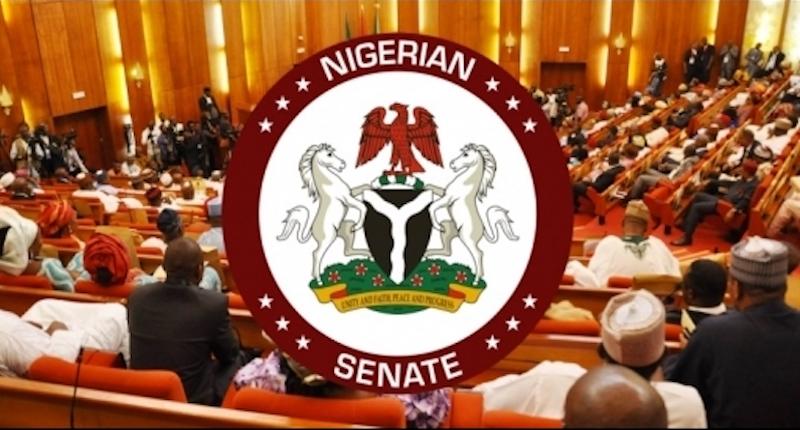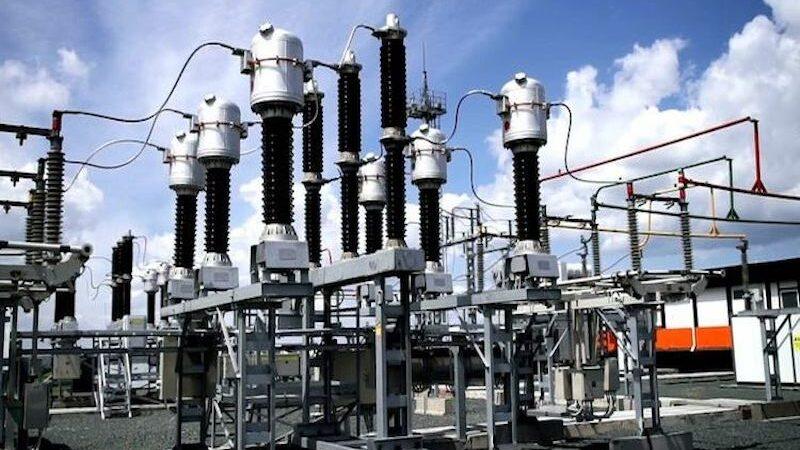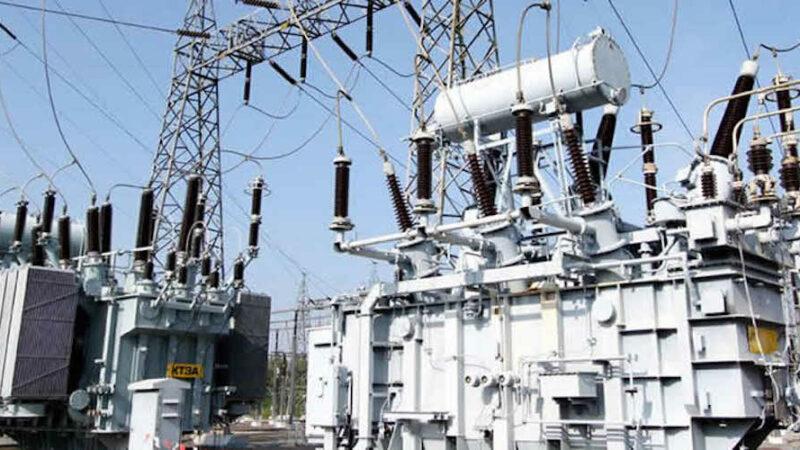Chineme Okafor in Abuja
Nigeria’s power supply has remained on a steady decline over the last three months- July, August and September- with an average daily supply falling to 3,473 megawatts (MW) in September, according to an operational report from the Office of the Vice President, Prof. Yemi Osinbajo.
As key operators in the power sector engaged in recriminations over their condition of operations, the industry statistics, which THISDAY obtained yesterday, showed that between July and September, the average daily power generation and distribution was 3,557MW.
Within the period under review, the Transmission Company of Nigeria (TCN), distribution companies under the aegis of the Association of Nigerian Electricity Distributors (ANED), and the generation companies were engaged in war of words over the state of the power sector.
The data from the Advisory Power Team in Osinbajo’s office showed that in July, average daily supply to Nigerians was 3,676MW; this, however, dropped to 3526MW in August and further down to 3,473MW in September.
According to the data, the average volume of constrained electricity – that is power that could not get to homes and offices due to various challenges such as low gas supply; unavailability of transmission and distribution infrastructure as well as water management challenges, was 4,013MW.
It said in July, the volume of constrained power was 3,872MW.
This, however, rose to 4,020MW in August and further to 4,147MW in September, as a result of which N57.619 billion; N59.820 billion and N59.714 billion were respectively not earned by the sector within the three months period.
In details, through a 10-day power production assessment THISDAY did for the three months under consideration, it observed that the country could not produce up to the 4,000MW customary production figure government official often quoted as average daily power production level of the country.
For example, on July 1, the available volume of power to the grid was 3,526MW, which rose to 3,830MW on July 10 but subsequently went down to 3,645MW before closing the month on a 3,750MW generation level.
On August 1, it was down to 3,733MW and further to 3,482MW on August 10, and then 3,673MW and 3,361MW on August 20 and 31.
By September 1, power on the grid dropped to 3,176MW and then up to 3,637MW on September 10, before falling to 3,595MW on September 20 and then ending the month on Monday at a paltry 3,380MW production level.
The power report reiterated that the constraints to improved power supply in the country were insufficient gas supply, poor distribution and transmission infrastructure.
“On September 30, 2019, average energy sent out was 3,380MWH/Hour (down by 162.02MWH/Hour from the previous day) 1911MW was not generated due to unavailability of gas. 112.5MW was not generated due to unavailability of transmission infrastructure, while 1,776MW was not generated due to high frequency resulting from unavailability of distribution infrastructure.” said the report.
However, within this period, the country witnessed the electricity distribution companies (Discos) consistently quarrelling with the Transmission Company of Nigeria (TCN) over alleged mismanagement of electricity loads. The TCN had accused the Discos of rejecting loads allocated to them because they lacked the capacity to distribute as much electricity as possibly generated to the grid by the power generation companies (Gencos).
The Gencos equally quarreled with the Nigerian Bulk Electricity Trading Company Plc (NBET), which it accused of unilaterally imposing a 0.75 per cent levy on it as administrative charges for paying their gas invoices.
The Gencos claimed the NBET had also made efforts to take over payment of their gas invoices as a condition for them to benefit from a new N600 billion intervention package from the federal government, while their monthly earnings for power produced for the grid further dwindled.
slowing demand.





